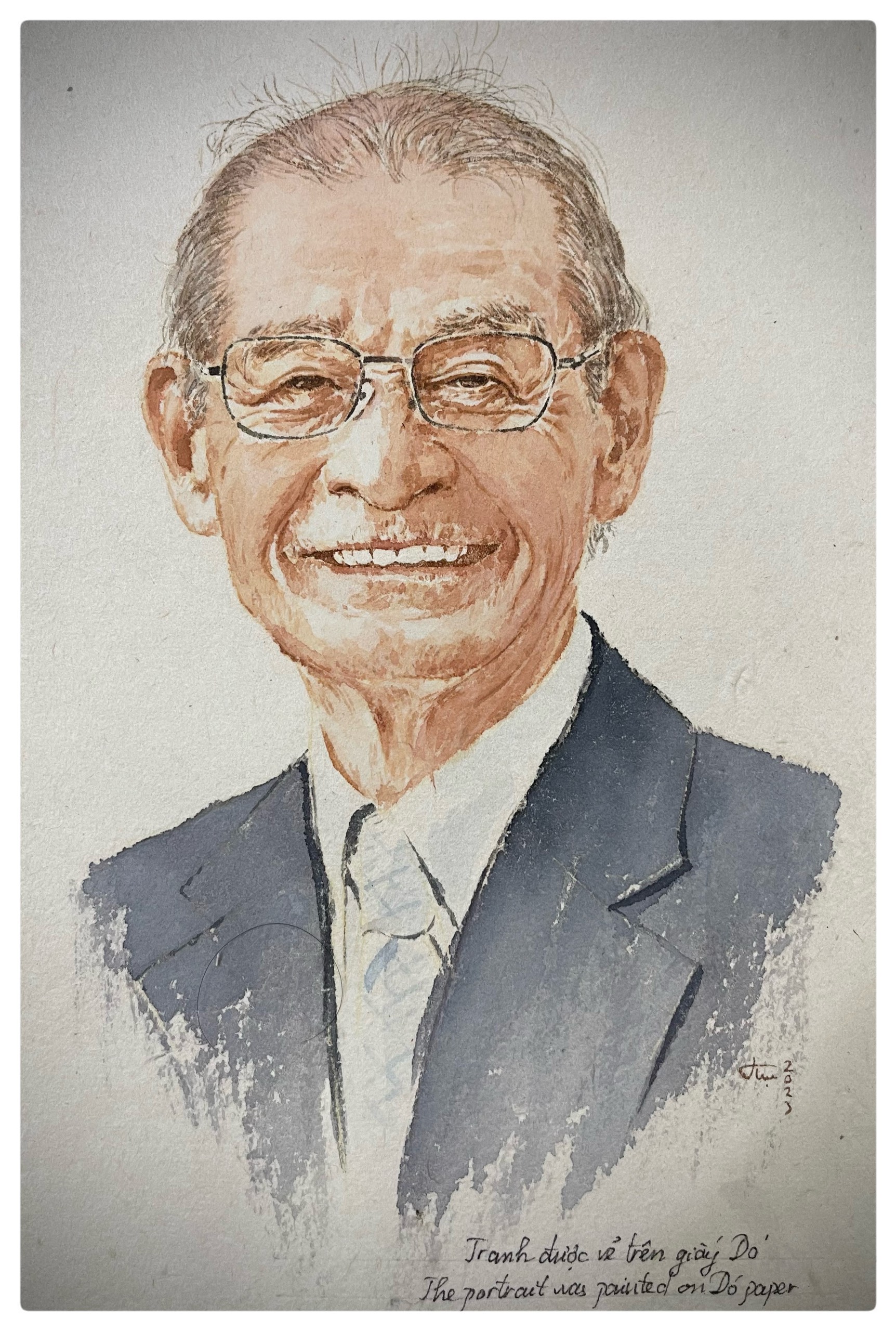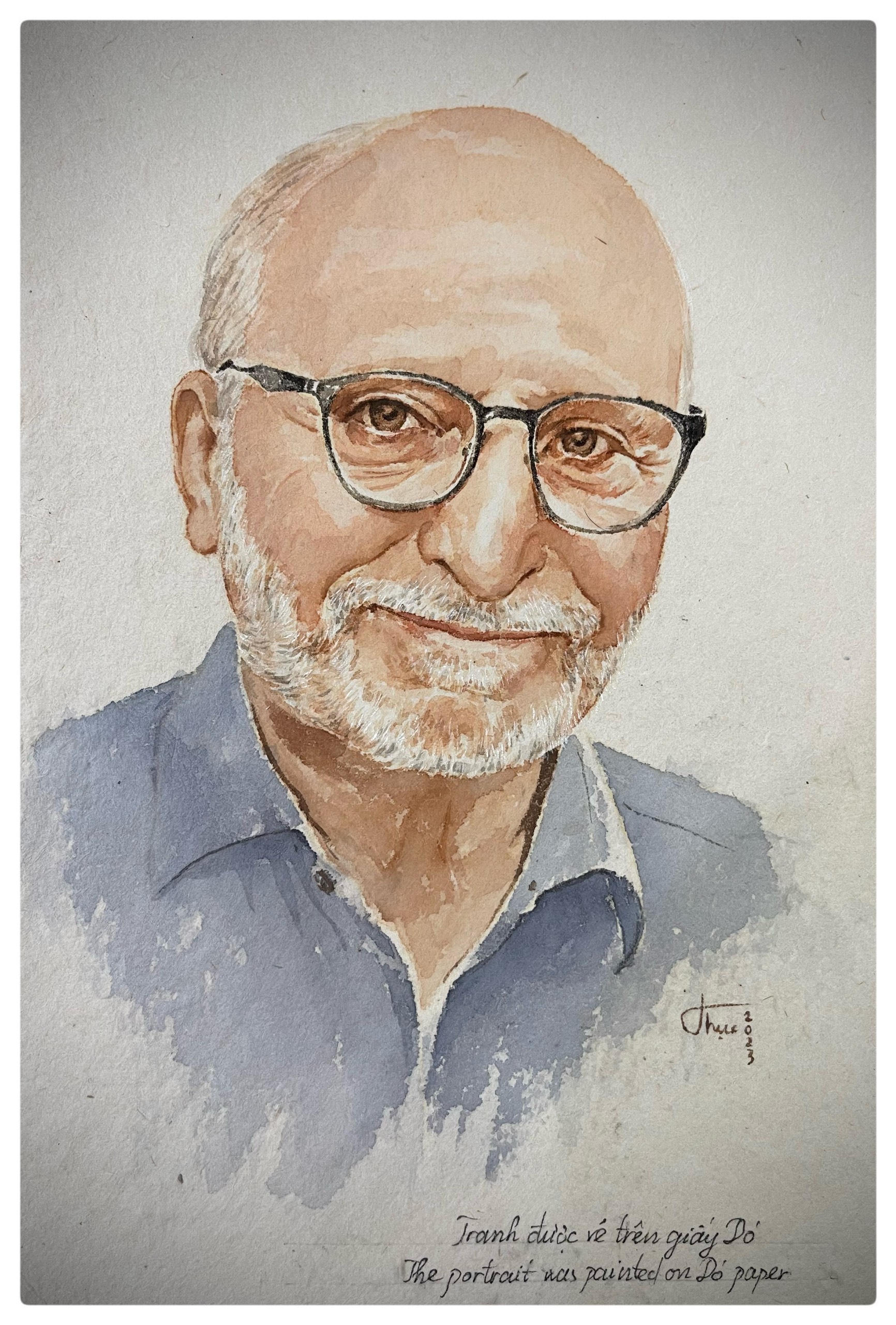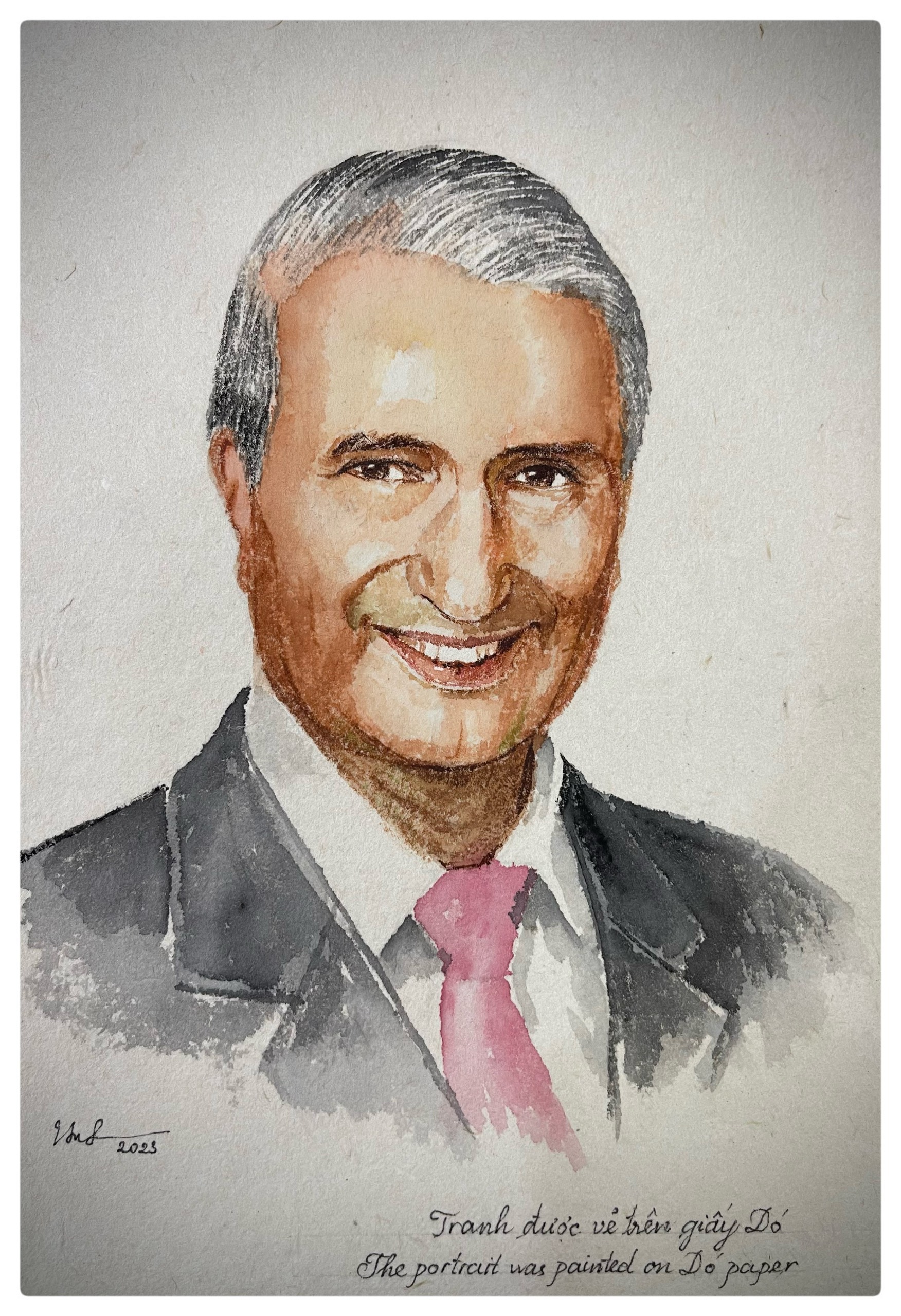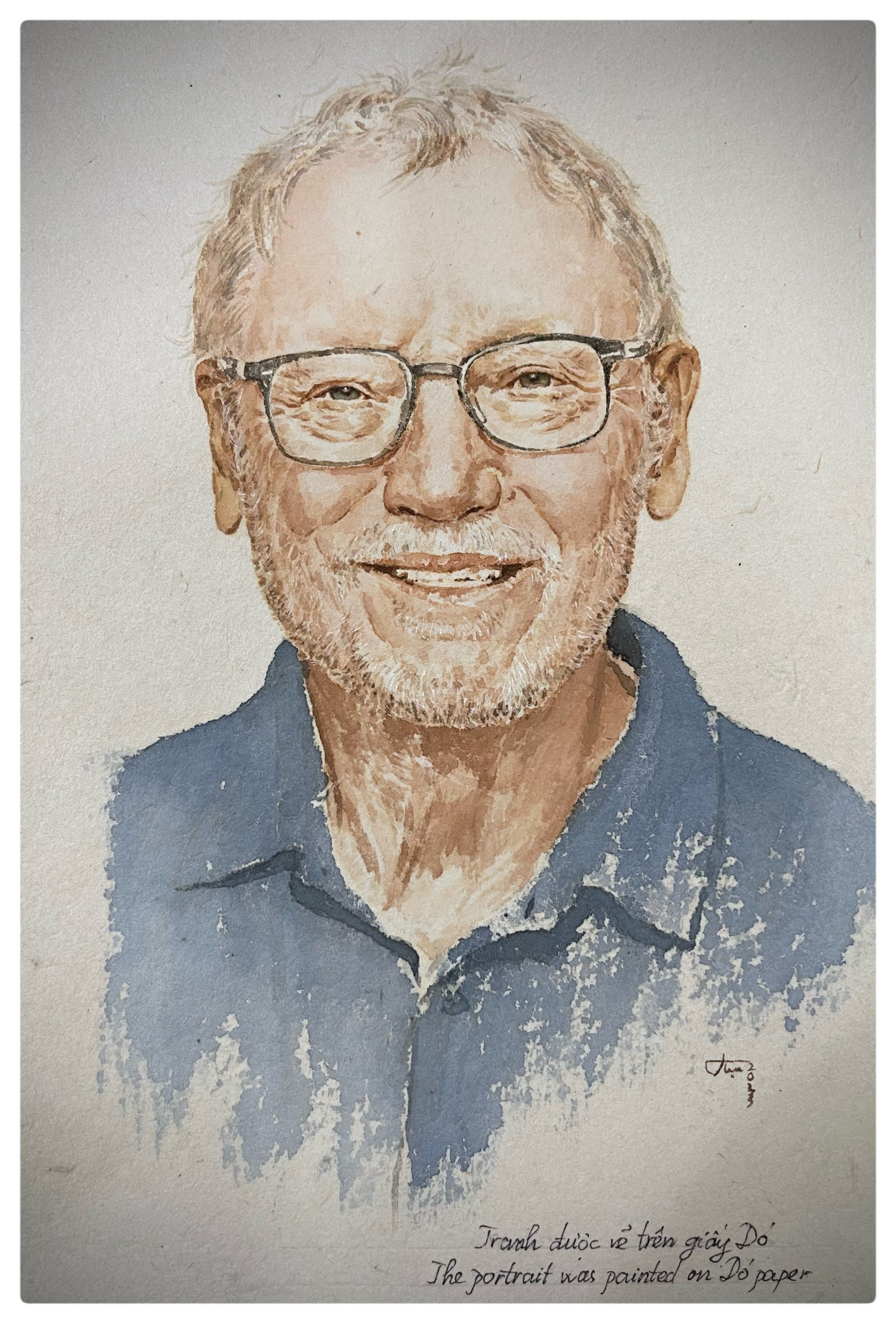AFFILIATION
Lunenfeld-Tanenbaum Research Institute, University of Toronto, Canada
SUMMARY OF WINNING ENTRY
Discovering the role of glucagon-like peptide-1 (GLP-1), paving the way to widely used treatments for diabetes and obesity and stimulating emerging applications for neurodegenerative diseases
Professor Daniel Joshua Drucker is a leading scientist in the field of endocrinology and glucagon-like peptide 1 (GLP-1) biology. Professor Drucker’s research on GLP-1 began during his time as a postdoctoral research fellow in Professor Joel Habener’s laboratory at the Massachusetts General Hospital. Tasked with investigating the physiological role of GLP-1 and the cells producing it, Professor Drucker collaborated with Associate Professor Svetlana Mojsov and Professor Joel Habener to detect functional GLP-1 (7-37) isoform in the pituitary gland and the islet cells of the pancreas. He then led research identifying the effects of GLP-1 (7-37) in stimulating cells to initiate insulin production, providing the first clear evidence of this incretin’s role in regulating insulin and glucose levels.
After leaving Massachusetts General Hospital to return to the University of Toronto, Professor Drucker continued his research and made numerous significant contributions to the field. These include the development of the GLP-1–producing enteroendocrine L cell line (GLUTAg), elucidation of the biological role of GLP-2, and the study of the enzyme dipeptidyl-peptidase-4 (DDP-4) as a catalyst for GLP-1 degradation.
SCALE OF IMPACT
These significant advancements related to the GLP-1 endocrine process have laid the foundation for powerful therapies for Type 2 diabetes, obesity and short bowel syndrome, impacting over 100 million people with type 2 diabetes, more than 1 billion individuals with obesity, and over 3 million with short bowel syndrome. In 2023, there were more than 20 million doses of GLP medication used globally. Additionally, the exploration of the physiological mechanism of GLPs has propelled the research and development of new treatments for cardiovascular diseases and many neurodegenerative conditions, including Alzheimer’s, Parkinson’s, and Huntington’s diseases, all of which being among the leading causes of death globally. In the case of Alzheimer’s disease, one of the most common neurodegenerative conditions, GLP-1 medication could slow the progression of Alzheimer’s disease, offering new hope for over 55 million patients worldwide.
MEANINGFUL CHANGE
The seminal work of Professor Daniel Johsua Drucker, Joel Francis Habener, Jens Juul Holst, and Svetlana Mojsov has brought breakthrough impacts to the fields of endocrinology, metabolism, and gastroenterology. The translation of their discoveries on GLP-1 and DDP-4 biology into clinical medical solutions has transformed treatment methods for various diseases, thereby contributing to building a healthier world. Their work is a testament to the transformative power of innovative scientific discovery and the potential of these discoveries in shaping treatment methods and healthcare solutions.








